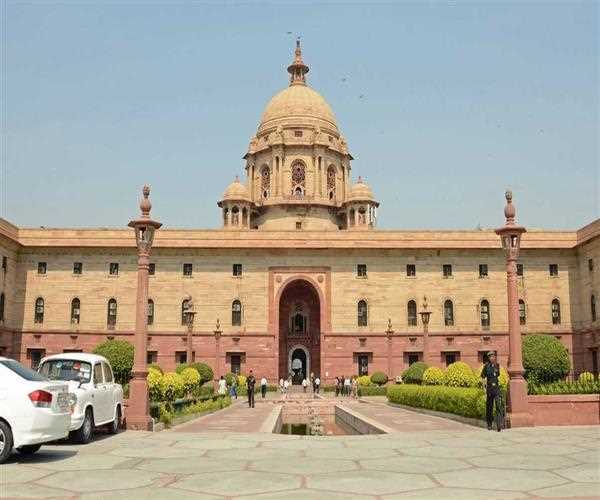The Government of India Act 1858 had presented critical changes in the way in which India was administered from England, nonetheless, it didn't adjust in any generous way the arrangement of government that won in India. Further, in the consequence of the Mutiny of 1857, there was a general recognition in England that it would be extremely hard to anchor the legislature in India without the participation of Indians in organization. These were the fundamental purposes for authorizing some enactment which could redesign the arrangement of organization in India. Some different reasons were as per the following:
Unified law making was inadequate
The Charter demonstration of 1833 had concentrated the administrative methods and denied the legislatures of Madras and Bombay of their capacity of enactment. The thought behind incorporating the law making was secure consistency of laws in the entire region of East India Company yet this framework ended up being damaged. It had just a single delegate every one of the four regions and it neglected to make laws suiting to nearby conditions. Therefore, there was have to enable the regions to make laws for themselves.
Senator General in Council was overburdened
The Governor General in Council was flopping in its authoritative capacities and was not ready to work tastefully pass on to bulky systems prompting delay in establishments.
Nonappearance of portrayal
It additionally had no portrayal of the general population in it. There was a developing interest that some illustrative component ought to be presented in authoritative gathering.
Key Provisions
Development of official chamber of Governor General/Viceroy
The official board of Governor General was included a fifth fund part. For authoritative reason, an arrangement was made for an expansion of 6 to 12 individuals to the focal official. In any event half of the extra individuals were to be non-authorities. These individuals were designated by the Viceroy for the time of two years. Further, the Governor General/Viceroy had been given some more powers, for example,
He was approved to name a president to direct the gatherings of the Executive chamber in his nonattendance.
He had the intensity of making tenets and directions for the lead of business of official chamber.
He could make new areas for authoritative purposes and to select Lieutenant Governors for them. He was additionally engaged to change, alter or modify the breaking points of the regions.
He could declare mandates, without the simultaneousness of the administrative chamber, amid and crisis.
In spite of the fact that the focal board was engaged to administer regarding all matters concerning all people and courts in British India yet every bill passed required the consent of emissary.
He could withhold his consent or exercise his veto control on the off chance that he felt that the bill influenced the security, peace and enthusiasm of British India.
He needed to impart all laws to secretary of state for India who could deny them with the consent of the crown.
Which Act enabled the Governor General to associate representatives of the Indian People with the work of legislation by nominating them to his expanded council ?
Asked
7 years ago
Viewed
1047 times
Which Act enabled the Governor General to associate representatives of the Indian People with the work of legislation by nominating them to his expanded council ?